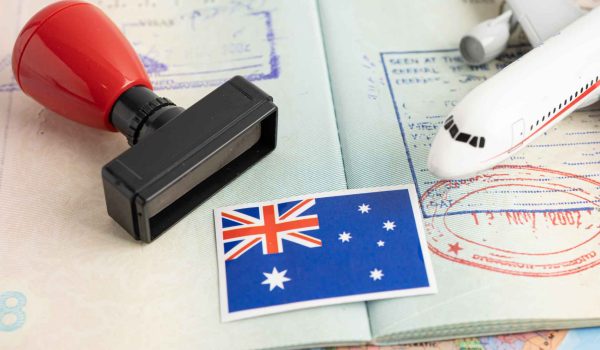The work environment in Canada is known for its high standards concerning workplace safety, competitive wages, and opportunities for professionals. It is important to note that one must obtain a work permit in Canada to work after migrating. Although, in some cases, a work permit is not required, so find out if you need one here. Additionally, to work in Canada one will need a Social Insurance Number (SIN).

Work Permits
There are 2 main types of work permits:
Employer-specific work permit
The employer-specific work permit works according to specific conditions on your work permit. This includes the name of the employer, how long you can work, and the location. Before submitting your application for this particular permit, the employer must give you either a copy of a Labour Market Impact Assessment or an offer of employment number to include in your application after completing other steps.
The following employer-specific work permits may require a Labour Market Impact Assessment (LMIA):
The following may not require an LMIA but will require a job offer or employment contract:
Open work permit
The Open work permit allows one to work for any employer apart from:
- those listed as ineligible on the list of employers who have failed to comply with the conditions
- one that regularly offers striptease, erotic dance, escort services, or erotic massages.
Open work permits do not require a job offer or Labour Market Impact Assessment. Open work permits include the following:
Getting information
It may be best to research the skills, qualifications, and experience needed before arriving in Canada to have your credentials assessed as soon as possible. These may be specific to provinces. Some useful resources to help you get information about working in Canada include:
- The Canadian Government’s Job Bank, which offers information regarding how to find a job, choosing a career, and exploring the market
- Pre-arrival services can help you connect with employers to find a job and connect with free services after arriving in Canada. Note that temporary residents visiting, studying, or working in Canada on a visa do not qualify for pre-arrival services
- Service Canada can help with finding job opportunities in the federal government and with employers
- Your province’s website for newcomers.
Tips for looking for jobs
- Check the websites for jobs posted in companies you may be interested in or contact the employers directly to inquire about job openings
- Use an employment agency
- Keep an eye out on Job Bank and adverts in the newspapers
- Meet employers at job fairs
- Ask any family or friends
Applying for jobs
Once the first hurdle of finding a job is cleared, start your application process by sending a cover letter, and a résumé or curriculum vitae (C.V), and prepare for an interview.
A job interview will allow the employer to meet you and confirm if you are right for the position, and will help you learn more about the job and make the final decision on whether you do want to work there or not.
Moreover, the Federal Internship for Newcomers (FIN) Program provides eligible candidates with valuable temporary Canadian work experience or training with Canadian federal, municipal and provincial organisations. Applying for this would be beneficial as candidates hired will gain experience and understanding of the job application and hiring process, the workplace culture in Canada, and networking with professionals.
Volunteering in Canada will build your resume and help you get work experience, practice language skills, build a network and display your work ethic to potential employers.
Bridging programs
Such programs aim to help internationally trained professionals interested in working in their field in Canada to get a license or certification. Bridging programs also offer services that include:
- Courses
- Exam preparation for licenses/ certificates
- Language training
- Education and skills assessments
- Learning plans to help you identify the training you may need.




